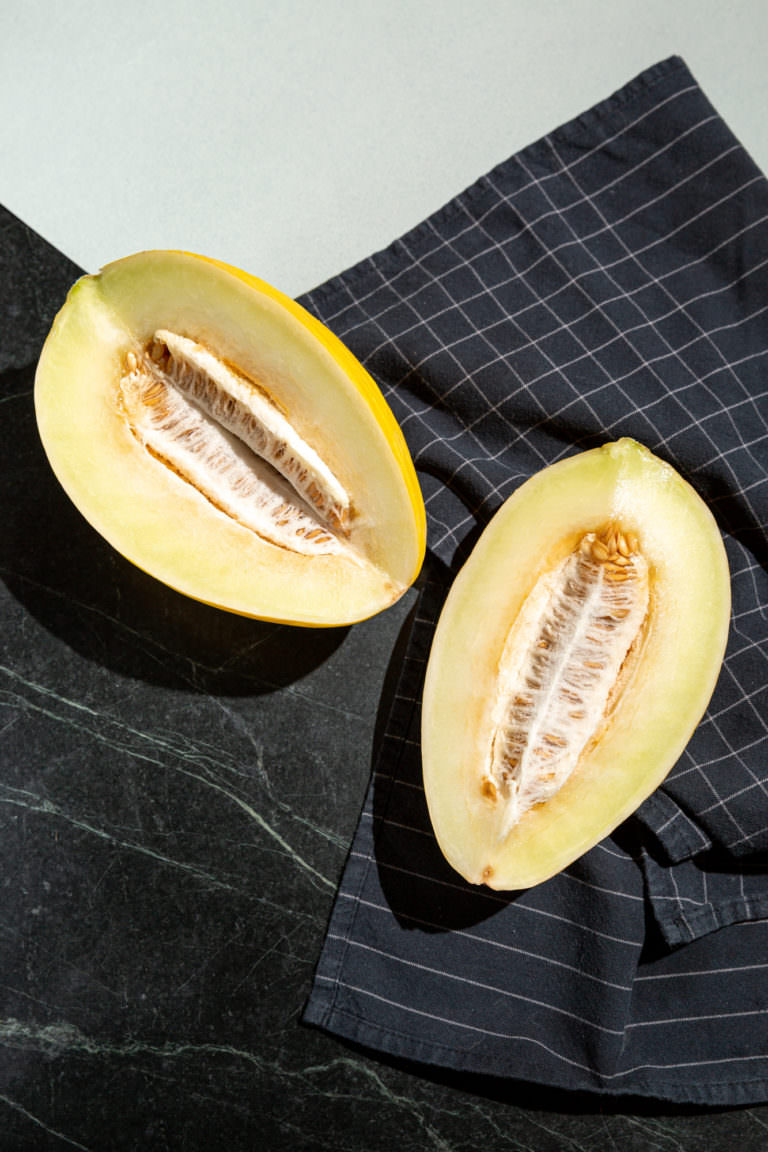

Melon alongside cottage cheese or blend it into aĪs the base of a chilled soup with peppers, mint and cucumber. Honeydew into bite-sized pieces and add it to your favorite salad.Īnd use it as a base for popsicles or ice cream. Honeydew melon can be added to a wide variety of dishes, including:

However, if you’re looking for something a little more creative, there are many other ways you can enjoy this fruit. Out-of-season or unripe honeydew melons are flavorless and leave much to be desired.Ī great selling point for fruit is that it can easily be enjoyed by itself - a slice of cool, ripe melon on a warm day is hard to beat. To make this dietary endeavor worth your while, choose a ripe melon. It’s widely available, and its price is comparable to that of other popular melons like cantaloupe or watermelon. While these nutrients are not highly concentrated in honeydew, adding the fruit to your diet can still support your bone health when paired with a balanced diet that includes a variety of other nutrient-dense foods.Ĭontains multiple nutrients that are vital for bone health, including folate,Īdding honeydew melon to your diet couldn’t be easier. Honeydew also contains small amounts of other bone-supporting nutrients, including calcium, phosphorus and zinc ( 1). Thus, magnesium is another nutrient vital for bone health ( 1, 8). The cells responsible for building and breaking down bone tissue require magnesium to function properly. In addition, you can meet about 4% of your daily magnesium needs with one serving of honeydew. A serving of honeydew provides 6% of the RDI of this vitamin ( 1, 6, 7). Therefore, adequate vitamin K intake is essential for healthy bones. Vitamin K is involved in the production of a major structural protein in bone known as osteocalcin. Though more research is needed to draw definitive conclusions on the relationship between folate and bone health, eating foods that contain folate, such as honeydew, may promote healthy bones by ensuring homocysteine levels stay within the normal range ( 5). In particular, the melon is a good source of folate - with 1 cup (177 grams) providing 8% of the RDI ( 1).įolate is essential for the breakdown of homocysteine - elevated levels of which have been linked to reduced bone mineral density over time ( 5). Honeydew melon contains several nutrients that are vital for repairing and maintaining strong bones, including folate, vitamin K and magnesium.


 0 kommentar(er)
0 kommentar(er)
